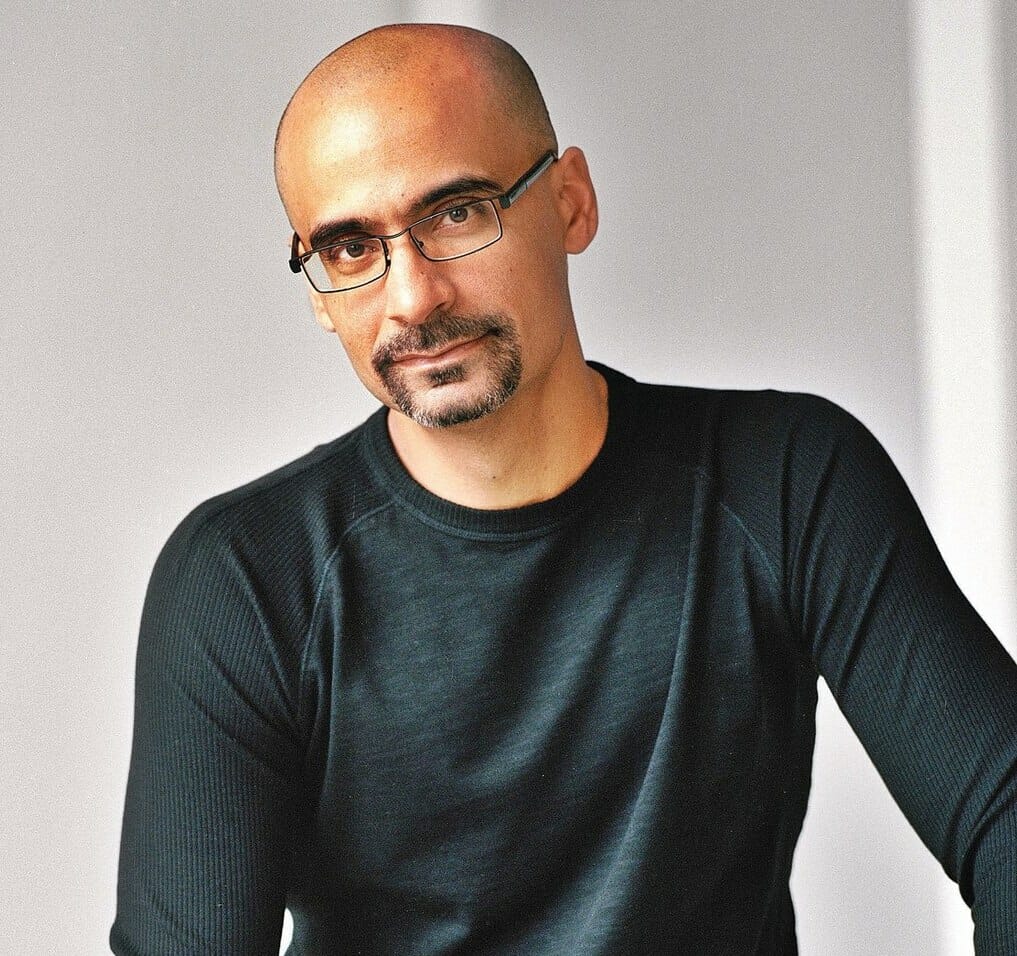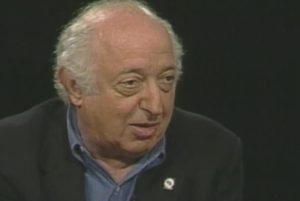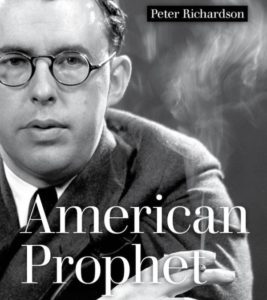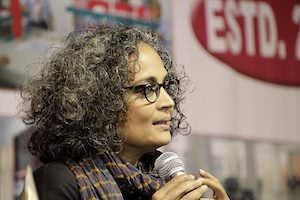Writer Junot Díaz Accused of Sexual Harassment (Updated)
After Zinzi Clemmons' initial tweet, fellow author Carmen Maria Machado believes that the "#MeToo stories" about Díaz are "just starting.” Writer Junot Díaz's past behavior is being called into question. (Nina Subin / Wikimedia Commons) (CC BY-SA 4.0)
Writer Junot Díaz's past behavior is being called into question. (Nina Subin / Wikimedia Commons) (CC BY-SA 4.0)
Editor’s note: Junot Diaz, the subject of the article below, has withdrawn from a writers’ festival in Australia as a result of the accusations against him, organizers said Saturday, adding that a moment of reckoning had arrived for the Pulitzer Prize winner.
Junot Díaz has won both critical and commercial success with his lyrical prose, which often unflinchingly confronts subject matter such as intergenerational trauma, immigration, grief and complicated relationships. Now, the Pulitzer Prize-winning author of “The Brief Wondrous Life of Oscar Wao” is back in the spotlight—not for his work, but for his alleged long history of sexual harassment.
On Thursday, writer Zinzi Clemmons tweeted: “As a grad student, I invited Junot Díaz to speak to a workshop on issues of representation in literature. I was an unknown wide-eyed 26 yo, and he used it as an opportunity to corner and forcibly kiss me. I’m far from the only one he’s done this 2, I refuse to be silent anymore.”
Díaz had recently published a widely lauded essay in The New Yorker, opening up in the April 16 piece about his own experiences with childhood trauma—specifically, episodes of sexual abuse—and how they impacted his relationships with women. Clemmons and others have suggested it was an attempt to pre-empt accusations of sexual harassment against him.
Shortly after Clemmons took to Twitter, another female writer, Carmen Maria Machado, tweeted about her experience with Diaz at a book signing at which she asked Diaz about his patterns of writing male characters who frequently cheat on, and otherwise abuse, their partners.
Machado noted: “He asked me to back up my claim with evidence. I cited several passages from the book in front of me. He raised his voice, paced, implied I was a prude who didn’t know how to read or draw reasonable conclusions from text.” She concluded, “Junot Díaz is a widely lauded, utterly beloved misogynist. . . . His books are regressive and sexist. He has treated women horrifically in every way possible. And the #MeToo stories are just starting.”
Monica Byrne, the third writer to accuse Diaz of harassing behavior, felt inspired to compose her own Facebook post after seeing Clemmons’ tweet. And she told New York magazine: “It’s always struck me how much the Establishment has protected him. … These stories are everywhere, it’s an open secret in the literary Establishment. And everybody is scared to talk about it.”
Díaz did not respond directly to Clemmons, Machado or Byrne’s accusations, but he responded through his agent, Nicole Aragi, in a statement to The New York Times. “I take responsibility for my past,” Díaz said in the statement. “That is the reason I made the decision to tell the truth of my rape and its damaging aftermath. This conversation is important and must continue. I am listening to and learning from women’s stories in this essential and overdue cultural movement. We must continue to teach all men about consent and boundaries.”
Neither Díaz’s publisher, Riverhead Books, nor MIT, where he is a professor, responded to the Times’ requests for comment.
Your support matters…Independent journalism is under threat and overshadowed by heavily funded mainstream media.
You can help level the playing field. Become a member.
Your tax-deductible contribution keeps us digging beneath the headlines to give you thought-provoking, investigative reporting and analysis that unearths what's really happening- without compromise.
Give today to support our courageous, independent journalists.








You need to be a supporter to comment.
There are currently no responses to this article.
Be the first to respond.